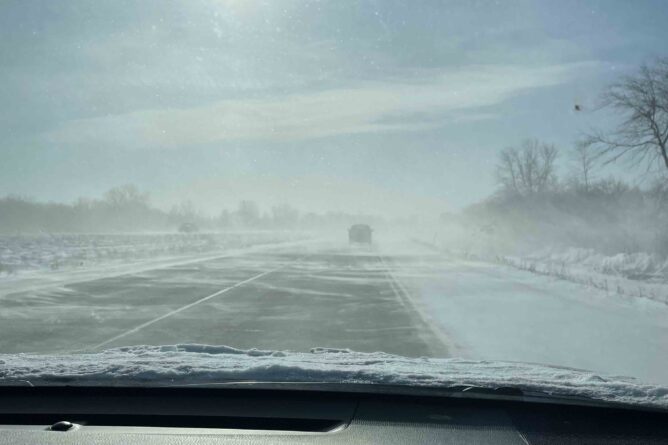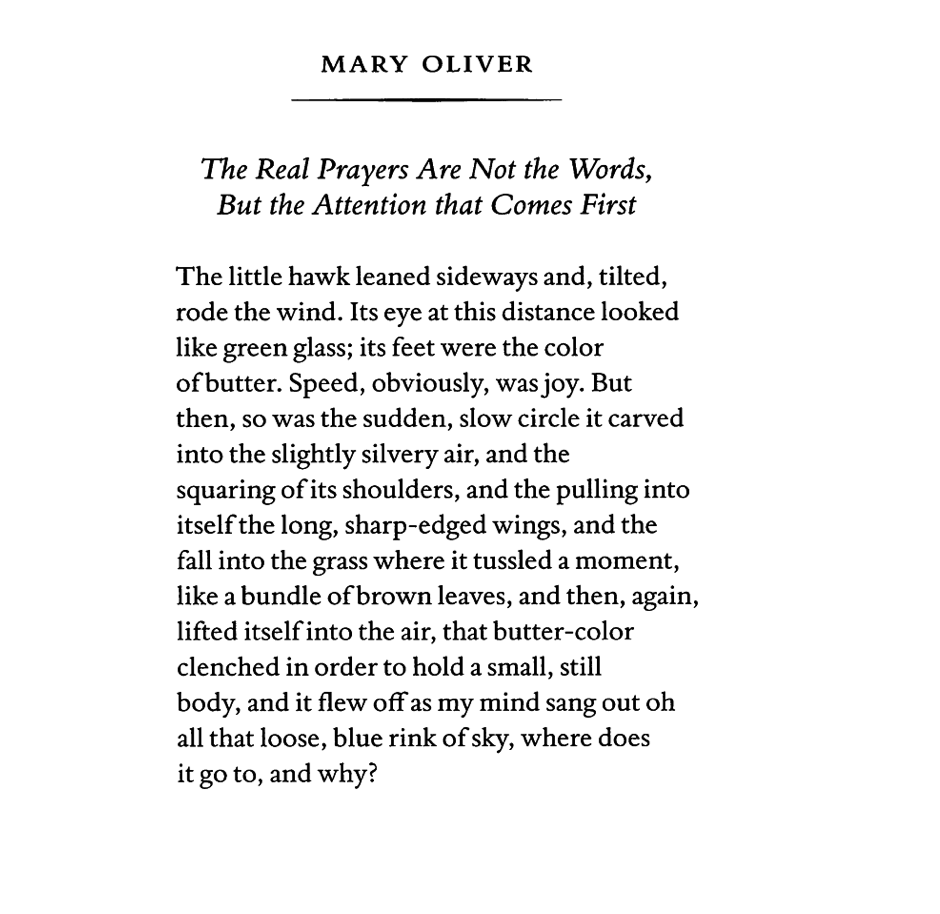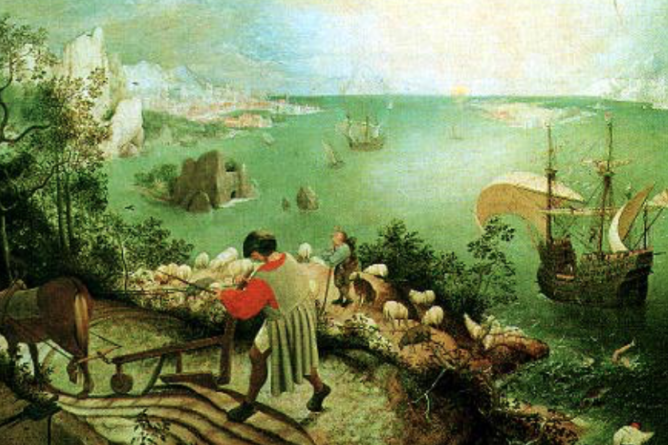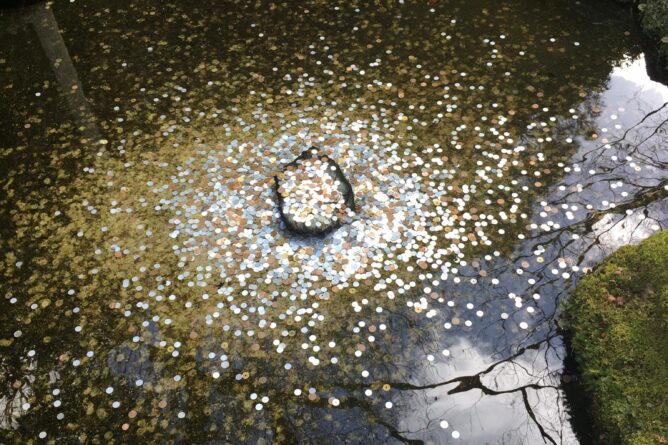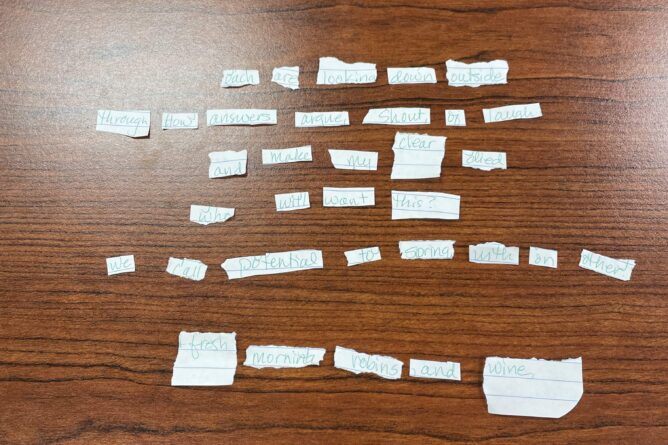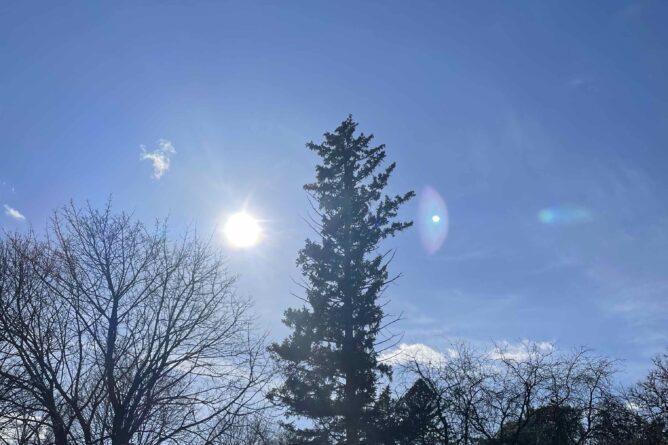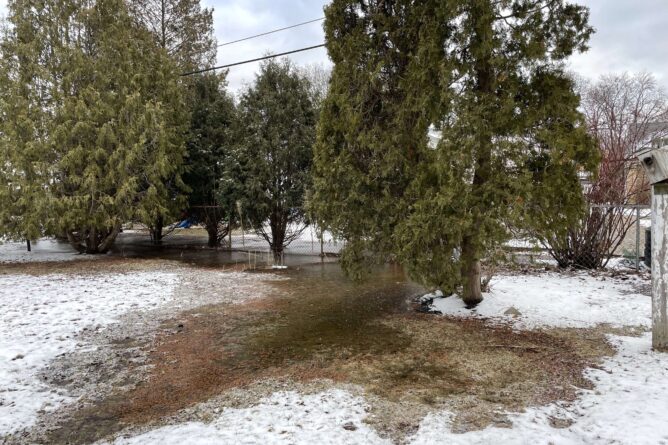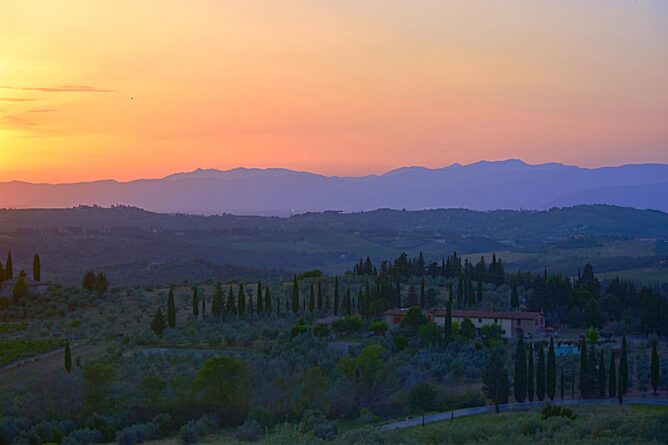Addiction Sonnet
-- Sharon Olds
A prejudice is an addiction, and it’s
contagious—parents infect their children.
And addiction’s obsessive, if a man finds it
difficult to show his love to his
son, it may be because his father
escaped with his life from the village in which
his own father had just been murdered
in a pogrom, his model as a father
a man in terror.
But addiction to such a silence can be
healed, as Carl and his son tried to do,
through hard work. Workers of the world,
unite, we have nothing to lose
but the death of the earth.
https://www.poetryfoundation.org/poetrymagazine/poems/159807/addiction-sonnet
Death of the Earth Sonnet Perhaps we are all addicted to prejudice. Maybe we stubbornly love what promises to kill us. Could be that our parents are born into murder, bloodstream memory, and it runs through them into us hot and insistent as gun fire in a distant jungle, the obsessive chop chop chop of flying blades soundtrack to genetic suicide. But our desire for terror might at last be turned to account -- after the final countdown, the last triggers pulled and buttons pushed, after the smoke of our addiction to killing finally clears, the earth might wake to a healing absence of all that is human, a blessed silence.
Suggested soundtrack: Joni Mitchell, “Big Yellow Taxi” and REM, “The End of the World of the World as We Know It (and I Feel Fine)



